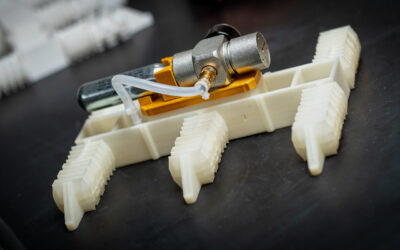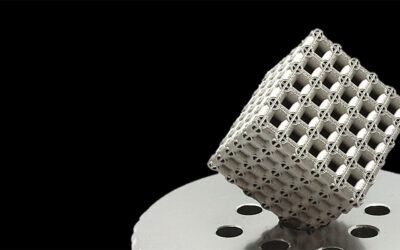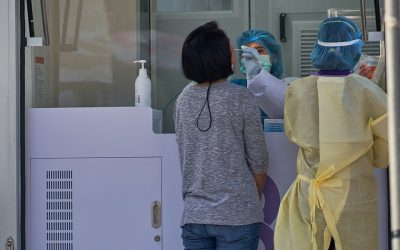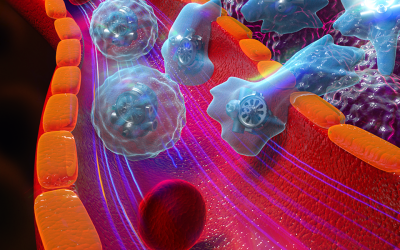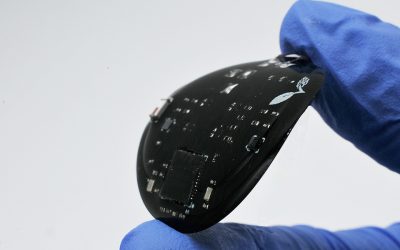University of Manchester researchers Professor Paul O’Brien, from the Schools of Materials and Chemistry, Professor Robert Young, from the School of Materials, and Professor Terry Wyatt, from the School of Physics and Astronomy, have all been elected fellows of the Royal Society.
Professor O’Brien’s research centres on developing new chemical processes for thin films and nanoparticles; especially of chalcogenide containing materials. In 2002 he founded Nanoco, an AIM listed company that manufactures nanoparticles. He has published more than 500 scientific papers and authored with A.C. Jones ‘The Chemistry of Compound Semiconductors’ and edited many books, including a series on Nanoscience and Technology.
He said: “I am both delighted and honoured to have been elected a Fellow of this prestigious academy and follow in the footsteps of some of the great names in the history of science.”
Professor Young is one of the world’s foremost materials scientists whose innovative research has transformed our understanding of the relationships between structure and mechanical properties in polymers and composites.
He said: “I am extremely pleased both for myself and the University to be elected to The Royal Society. It’s wonderful that my work has been recognised and I see it also as a tribute to my colleagues and research students in the University who have worked so hard with me and helped to make it all possible.”
Professor Wyatt is an experimental particle physicist who is distinguished for a number of original and important contributions to the experimental verification of the Standard Model. By combining unusual expertise in detector performance with exceptional insight into the topological features of different interaction dynamics, he has developed and implemented powerful new discriminants of signatures for the production of heavy quarks (b and t) and electroweak bosons (W and Z).
He said: “It’s a great honour to be considered by my scientific peers as being worthy of this recognition. It’s rather intimidating to think of the distinguished footsteps in which I’ll be following. In this context a few of my friends have told me that looking through ‘the book’ after one has been allowed to sign it is one of the fun aspects of being elected as a Fellow.”
Professor Colin Bailey, Vice President of The University of Manchester and Dean of the Faculty of Engineering and Physical Sciences, said: “I would like to congratulate Paul, Bob and Terry on their election as Fellows of The Royal Society. To have three scientists from the Faculty elected is testament to the quality of the research we carry out in Manchester.”
Source: University of Manchester











